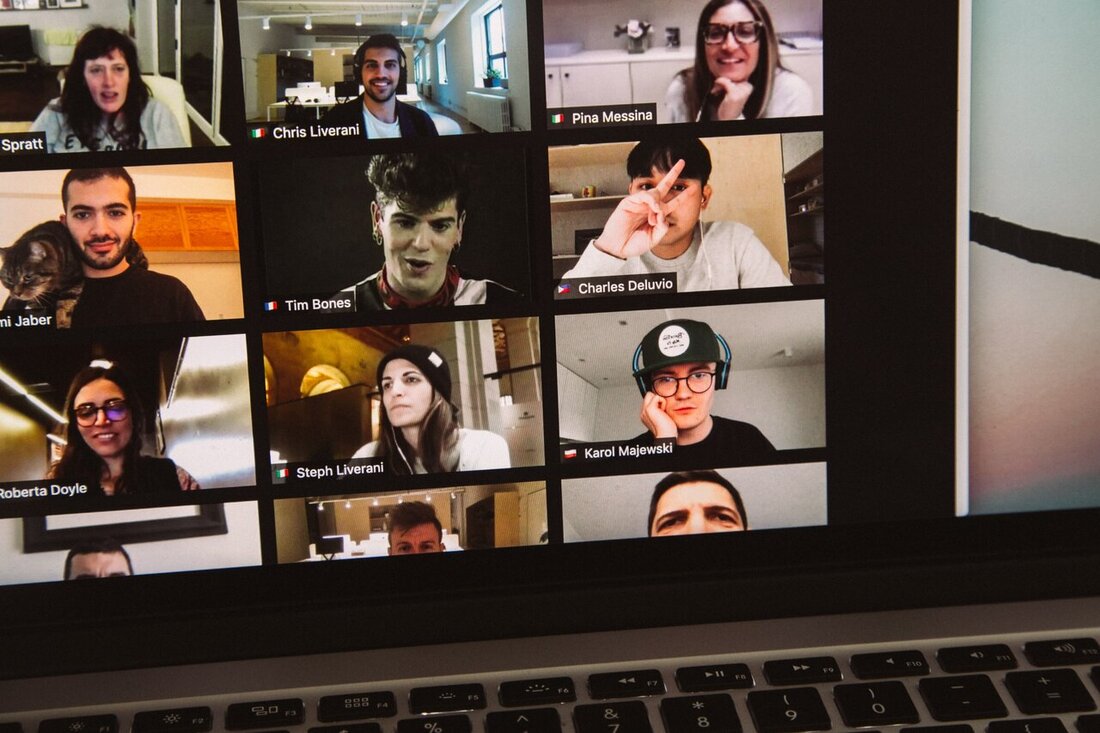|
Building trust with your team in a remote or hybrid environment can be difficult, but there are some things you can do to simplify it.
As the need for more flexibility and the ability to design the hybrid environment, managers have challenges building and instilling trust among their staff. Allowing their staff to work asynchronously may be necessary, so they cannot instantly contact them from 9 to 5 daily. Building trust for teams who operate remotely or in hybrid workplaces may be difficult, however, below are some effective tactics and where to find executive leadership coaching in Australia to improve your team’s performance. Exercise Effective Communication Skills To build trust when working remotely, communication is essential. Managers must be aware of the various forms of communication that may be used to build trust amongst all team members. CEOs must communicate straightforwardly and consistently. The workforce looks to the CEO to set expectations for communication. According to several studies, for a team to communicate and share its thoughts, C-level executives must create a level playing field for communication. It's essential to keep everyone up to date on work-related developments and to ensure that they know where and when each team member is working. Take time to get to know the people you work with; it is their specific needs that should be the focus of your communication. People vary in their communication needs, so it's important for you to try to find out what a person prefers when it comes to getting updates from you. You may also look for an executive coach to help you improve trust and relationship-building strategies. Use Openness and The Right Technologies Businesses must invest in the required technology and safeguard their sensitive data to connect with dispersed teams throughout offices and remote locations properly. In today's hyper-connected world of the cloud and connected devices, this is becoming an increasingly difficult task. Technologies such as the Internet of things, artificial intelligence and big data are exacerbating the problem. To avoid catastrophic incidents from occurring away from the office, businesses must ensure that their workers are secure when working remotely and provide the essential tools. Essential tools include secure and encrypted connections and communications, cloud platforms that allow for the sharing of files and the ability to collaborate on a single system regardless of location. These essential tools will also help to safeguard the sensitive customer data many companies hold dear. Respecting Flexibility The flexibility that hybrid work provides is one of its key advantages. A Flex graph poll found that 21% of respondents desired to work fully remotely, 22% preferred to work in an office, and 57% were looking for hybrid employment. As a result, the workforce will be split between those who work only in offices, people who work solely from home, and people who combine both types of employment. In addition, some workers might want to work shifts other than the standard 9 to 5 hours. A study found that 57% of workers wanted flexible working hours. Managers and employees must agree on flexible work schedules to sustain the benefits of hybrid working. The key to building confidence among the team is speaking openly about this flexibility. Flexibility, however, may only be respected if employers know that tasks are being completed. Programs exist to assess and track how much time a person spends working, but employers shouldn't use them to make trust-building decisions for teams. While reports claim that this energy should be shifted to a focus on results, managers could still feel the need to regularly check in with their remote workers to ensure they are accomplishing their jobs. It may be argued that meeting a task's deadline rather than keeping track of the exact number of hours spent on it should be more important. Ultimately, giving up excessive control may aid managers in forging closer bonds with their teams, improve employee engagement, and increase productivity. Conclusion Building trust in a remote/hybrid environment can be achieved through various means. Maintaining open channels of communication and being honest with your workers is essential. Additionally, it is helpful to establish clear expectations and follow through on commitments. Finally, being responsive to team members' needs and flexible work arrangements will improve the trust amongst a team and lead to higher performance. To learn more, you can seek executive coaching for further insights and techniques specific to your challenges. To help your employees consistently produce the greatest outcomes, executive and company leaders may steer successful initiatives with executive leadership coaching in Australia from Stuart Andrews. Learn more about trust building with his new book, The Leadership Shift: How to Lead Successful Business Transformations in the New Normal–purchase here!
0 Comments
Leave a Reply. |
AuthorWrite something about yourself. No need to be fancy, just an overview. Archives
March 2023
Categories |
Services | About Stuart | Connect on LinkedIn
© Stuart Andrews Consulting & Coaching, LLC
99 Wall Street, #5992 New York, NY 10005
Privacy Policy Terms and Conditions
99 Wall Street, #5992 New York, NY 10005
Privacy Policy Terms and Conditions


 RSS Feed
RSS Feed
